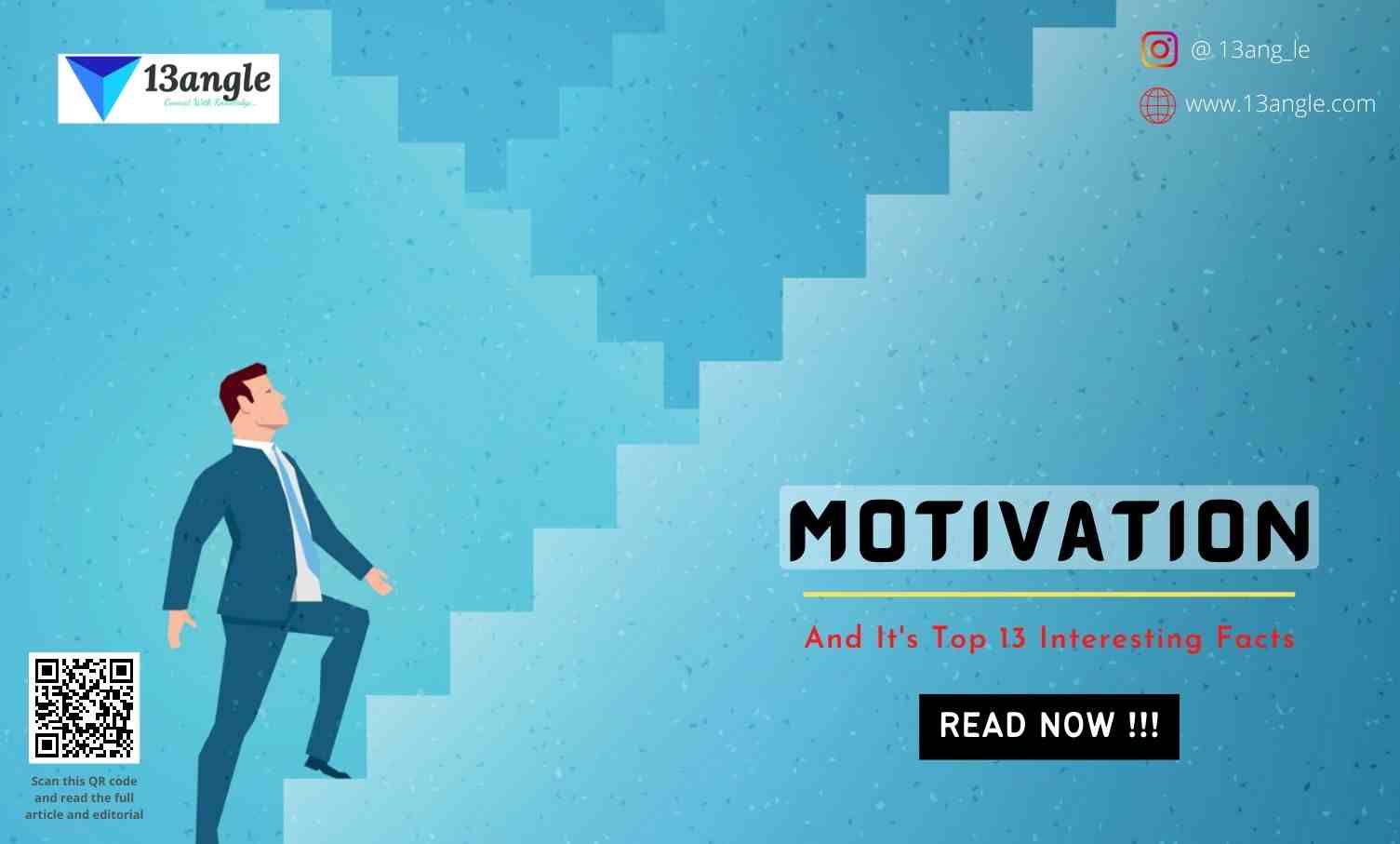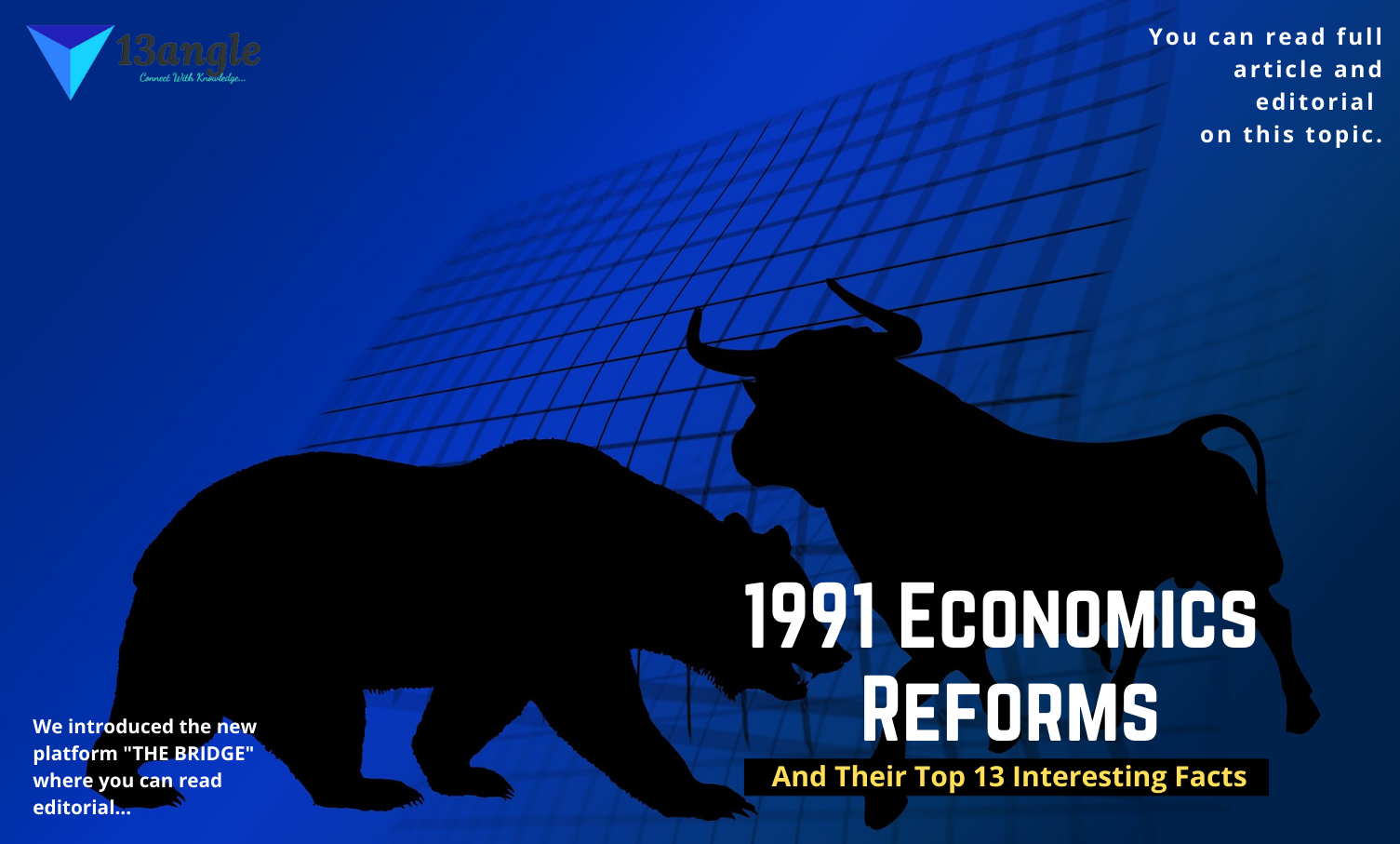As businesses grow and evolve, invoice processing remains vital to maintaining a healthy financial system. However, with the constant influx of invoices, it’s common for companies to face obstacles that hinder their invoice processing efforts. From misplaced invoices to incorrect data entry, these problems can cause delays and errors that can negatively impact a business’s bottom line. In this blog post, we’ll discuss some of the most common invoice processing problems companies face and provide practical solutions to fix them. Whether you’re a small business owner or a financial professional, these tips will help streamline invoice processing and keep your financial system running smoothly.
Invoice processing is critical, especially for manufacturers, as it directly affects their cash flow and profitability. One of the significant challenges manufacturers face in invoice processing is the large amount of manual work required to process invoices. This manual process can cause delays in payments and increase costs for the manufacturer, as additional time and resources are needed to process invoices promptly. However, adopting invoice processing best practices, such as outsourcing invoice processing services, can help manufacturers overcome these challenges. Outsourcing invoice processing services can give manufacturers access to invoice processing solutions such as digitization. By digitizing invoices, manufacturers can streamline the invoice processing process, which results in faster payments and reduced costs. Manufacturers must recognize the benefits of outsourcing invoice processing services and implementing invoice processing solutions to maximize their cash flow and profitability.
By adopting these invoice processing solutions and services, manufacturers can reduce the risk of errors, eliminate redundancies, save time, and focus on their core business functions. Invoice processing is critical to any manufacturing operation and requires careful management and attention to detail. Implementing the right tools and strategies can help manufacturers overcome these challenges and achieve long-term success.
Here are some of the significant invoice processing challenges faced by manufacturers, along with solutions to address them:
1. Manual Data Entry
Invoice processing has a high time, effort, and money cost. And one of the biggest challenges associated with invoice processing is manual data entry. This tedious and time-consuming task often leads to errors and can slow invoicing. Manual procedures will incur higher processing costs than automated processes used by other firms.
Solution:
Automation is the key solution to this problem. Automated invoice processing systems can help eliminate the need for manual data entry. These systems can automatically capture invoice data from different sources and feed it directly into the accounting system. This speeds up the processing time, improves accuracy, and eliminates the chance of human errors.
Additionally, many invoicing software platforms offer features such as automated payment reminders, recurring invoices, and the ability to accept online payments.
2. Complexity in Accounts Payable Process:
The accounts payable process in manufacturers is complex due to the high volume of invoices received and processed daily. This increases the risk of losing invoices or missing payments, negatively impacting vendor relationships.
Solution:
An electronic invoicing system can help simplify the accounts payable process. Electronic invoicing provides a centralized platform for invoice management and instant access to invoices, making tracking and paying them on time more manageable. This reduces errors, improves efficiency, and enhances vendor relationships.
3. Inconsistencies in Invoicing:
Inconsistent invoicing can create confusion, delays, and errors throughout the invoicing process. Manufacturers often need help with the uniformity and consistency of invoice formats, which can cause mistakes in manual data entry.
Solution:
To address this challenge, manufacturers should consider implementing standard invoicing guidelines. This includes standardized invoice templates, clear invoice instructions, and consistent communication with suppliers. This helps ensure uniformity in invoicing, which leads to faster and more accurate processing.
4. Approval Delays:
Approvals are critical to invoicing, but delays often occur due to the decentralized approval process. Invoicing can get stuck in the system, resulting in delayed payments and negative impacts on cash flow.
Solution:
To address approval delays, manufacturers should consider implementing a centralized approval system. This system should have clearly defined approval workflows, ensuring that invoices are reviewed and approved promptly. This helps speed up the invoicing process and improves the company’s cash flow.
A centralized approval process is a solution that involves establishing a standard invoice approval process. This solution ensures that invoices are reviewed, approved, and paid on time. Additionally, by centralizing the invoice approval process, businesses can reduce the risk of duplicate payments and fraud.
Invoice processing challenges continue to be a major headache for manufacturers. Implementing automated invoice processing systems, electronic invoicing, standardizing invoicing guidelines, and centralizing approval workflows can address these challenges. Manufacturers can improve accuracy, reduce costs, and enhance efficiency by streamlining invoice processing.
5. There is too much paper
Although invoice digitization saves time, a cumbersome combination of digital and paper generates more difficulties than it solves. With paper invoices piling up on desks and emails requesting approvals or exception changes, it’s always challenging for your staff to always stay on top of any account.
Solution
Move away from paper invoices, checks, and reliance on postal services as soon as possible by transitioning toward intelligent digital systems. You can instantly boost the visibility of each invoice while doing so. Digital reception of invoices ensures the process is electronic from beginning to end. Using an electronic payments solution, you may pay suppliers digitally and quickly once an invoice verifies for approval based on your pre-defined standards.
You can see the lifetime of an invoice at a glance with logged events at each step, which you can’t accomplish by transferring envelopes from desk to desk.
Conclusion
Companies embracing the paperless revolution can streamline procedures, cut expenses, and increase competitiveness. There are several Invoice processing solutions to these challenges, and businesses should choose which ones work best for them. These solutions can help companies streamline their invoicing process, reduce costs, and improve efficiency. However, Automation and outsourcing solutions can help overcome these operational challenges much faster.
Outsourcing invoicing involves hiring a third-party company to handle invoicing tasks. This solution can save businesses time and money by eliminating the need for an in-house team to manage invoices. Additionally, outsourcing invoicing can provide access to expertise and technology only available in various ways.





